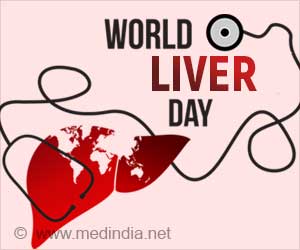Probiotic supplement increases a person’s vitamin D level by more than 25 per cent, finds a study. This is the first time that a link between oral probiotic supplements and absorption of the bone strengthening nutrient is being established; the probiotic Lactobacillus reuteri NCIMB 30242 increased circulating levels of active forms of vitamin D.
Probiotics are live bacteria or yeast that are believed to improve health. They are available as oral supplements and foods. Our gut is home to more than 500 different types of bacteria; gut bacteria assist in food digestion and help keep our intestines healthy. They are also known to boost immunity. Previous researches had shown that the particular strain of a probiotic, called Lactobacillus reuteri NCIMB 30242 reduces cholesterol levels in the body. Probiotics are also commonly prescribed to stabilize the gut damaged by antibiotic drugs.Vitamin D is a fat soluble vitamin that encourages the absorption and metabolism of calcium and phosphorous. Adequate exposure to sunlight promotes sufficient vitamin D synthesis in the skin. Insufficient vitamin D contributes to weakening of bones, a condition called osteoporosis. Osteoporotic bones are more likely to break. Apart from strong bones, vitamin D is also believed to have protective effects against heart disease, autoimmune diseases, and diabetes.
The current study found that Lactobacillus reuteri NCIMB 30242, a probiotic, increased circulating 25-hydroxyvitamin D levels by 25.5 percent in adults with elevated cholesterol levels over the nine-week intervention. 25-hydroxyvitamin D level is the best indicator of vitamin D status; it is important for adequate bone and overall health.
“This study, part of an ongoing line of research in bile metabolism and Western disease, is adding to the body of knowledge on the microbiome and its role in human health,” said Mitchell Jones, MD, PhD, the lead author on the study. “Although it has long been known that the gastrointestinal tract plays an active role in the absorption of vitamin D, these findings showing improved vitamin D status in response to an orally delivered probiotic are a first, and will inform the development of new products that may be beneficial for people with low vitamin D levels.”
Source-Medindia















